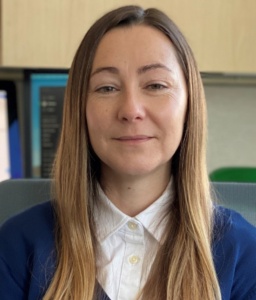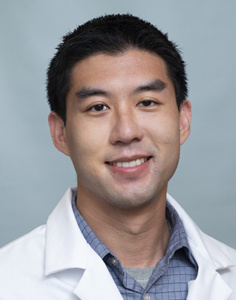About The Program
The mission of the
Radiation Biology & Research Program
is to broadly support radiation biology research and education in the MGH Department of Radiation Oncology as well as the Cancer Center.
The Program serves as a platform for research collaborations, idea exchanges, and resource sharing, with the overarching goal of promoting team science across the main disciplines of radiation oncology – clinical, biology, and physics.
The Program is committed to advancing the biological basis for cancer treatment with radiation, which will lead to better outcomes for our patients.









